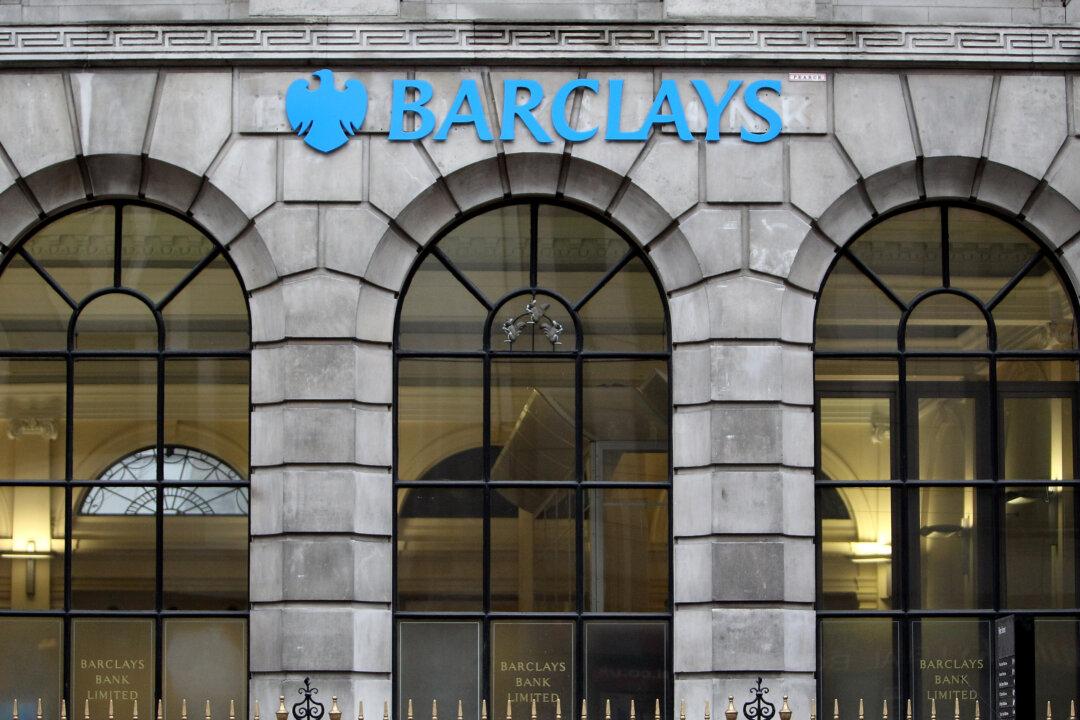Large money-center banks appear to be in the vanguard of a movement to build a system of personal social credit scores.
This week, British bank Barclays became the latest to be accused of shutting the accounts of its customers for political or religious reasons. That followed revelations in April that Coutts, a private bank owned by UK bank NatWest, was alleged to have closed the accounts and publicized personal information of conservative politician Nigel Farage, one of the foremost Brexit advocates and a supporter of the policies of former U.S. President Donald Trump.





